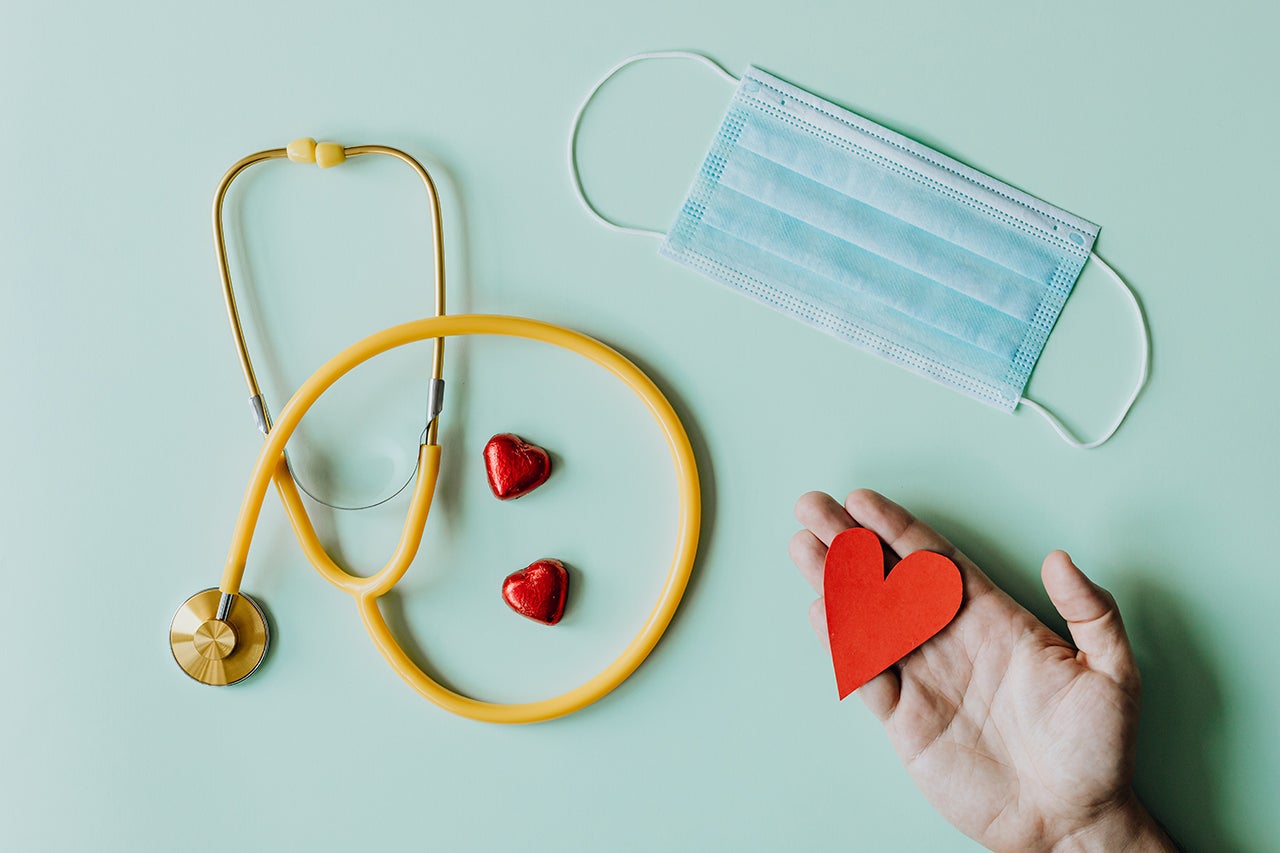Medicine is the science of how we diagnose and treat disease. It’s a complex science that affects us all. And how we experience it – from a doctor’s historical understanding of a disease to the way an illness is discussed with the patient and the emotional stress a diagnosis can cause – is just as complex as the science itself.
That’s why the College of Charleston’s new interdisciplinary minor of medical humanities seeks to bridge the divide between medicine and the human element of health care by approaching issues of health, disease and medical care as culturally embedded human experiences that vary across time and place. Courses used to explore the medical humanities include communication, English, history, philosophy, psychology, sociology and women’s and gender studies.
The College Today recently spoke with the director of the program, English Professor Kathleen Béres Rogers, to find out why this minor matters – especially now.
How can medical humanities help us make sense of the current pandemic and how to manage it?
I can’t think of a single course in medical humanities that wouldn’t help us, in some way, process this pandemic. Classes in philosophy address ethical issues, like who deserves to be on a ventilator. Classes in English help students encounter stories of people who have lived through COVID-19 and been affected by, say, the racial disparities that characterize the pandemic. In order to understand our current government response, it helps to look at the response to the influenza epidemic of 1918: an epidemic that one of our history faculty members, Jacob Steere-Williams, has discussed at length. Women’s and gender studies are so important, as people of varying sexualities and gender identities might also be wary of the medical establishment and might, in some cases, be at increased risk. Finally, courses in special education can bring up the conundrum of effectively educating immunocompromised students who cannot learn through a one-size-fits-all virtual education. These are complicated issues and can’t be addressed through medicine alone.
This fall the medical humanities is offering a new course called Narratives of Illness. What can students expect to learn?
I’m so excited about the Narratives of Illness class. When people experience illness, physical or mental, it is so hard to put it into words. If I tell you I have a headache, you don’t know exactly what my headache feels like until I use a metaphor: It feels like pins in my brain. Through language, we can help others understand what it feels like to live inside our bodies, and this, in turn, can help affect social change.
So, we’ll be reading stories about cancer, depression, end-of-life issues, brain inflammation, disability and, yes, COVID-19. And a lot of these stories are fascinating and (despite what you might think) amusing, even funny at times. Our last project will involve COVID-19 narratives from our campus community, which will be published (anonymously) on our blog.
How does the medical humanities minor address issues of structural racism in health care?
This is an incredibly important topic, one highlighted by recent publications such as the book Medical Apartheid. Considering our history as a city and as a state – a history of structural racism and implicit bias – it’s important to think through the racial, cultural and ethnic disparities in health care.
RELATED: Learn more about racial inequities in medicine on the Medical Humanities Blog.
Medical humanities are the place to evaluate and change that. In this way, medical schools, women’s health clinics and other health care establishments will know that our students are prepared to contribute to a more equal society.
How can a minor in medical humanities expand students’ horizons and better prepare them for life after college?
Practically speaking, this minor is essential to anyone considering a career in health care fields: medicine, of course, but also women’s health, medical administration, physical therapy, occupational therapy, dentistry … there are so many! In these fields, students will learn anatomical (and other) facts, but it’s important to know that these data have a history, they carry ethical conundrums and they are tied up in the experiences of human beings from different races, genders and cultures. In addition to practicality, there’s the larger issue of moving through the world in a body – a body that might be demarcated as healthy, ill or even disabled. When we make decisions about our bodies, we need to make them critically, realizing that health care itself is informed by cultural and political ideologies.
Featured image by Karolina Grabowska





